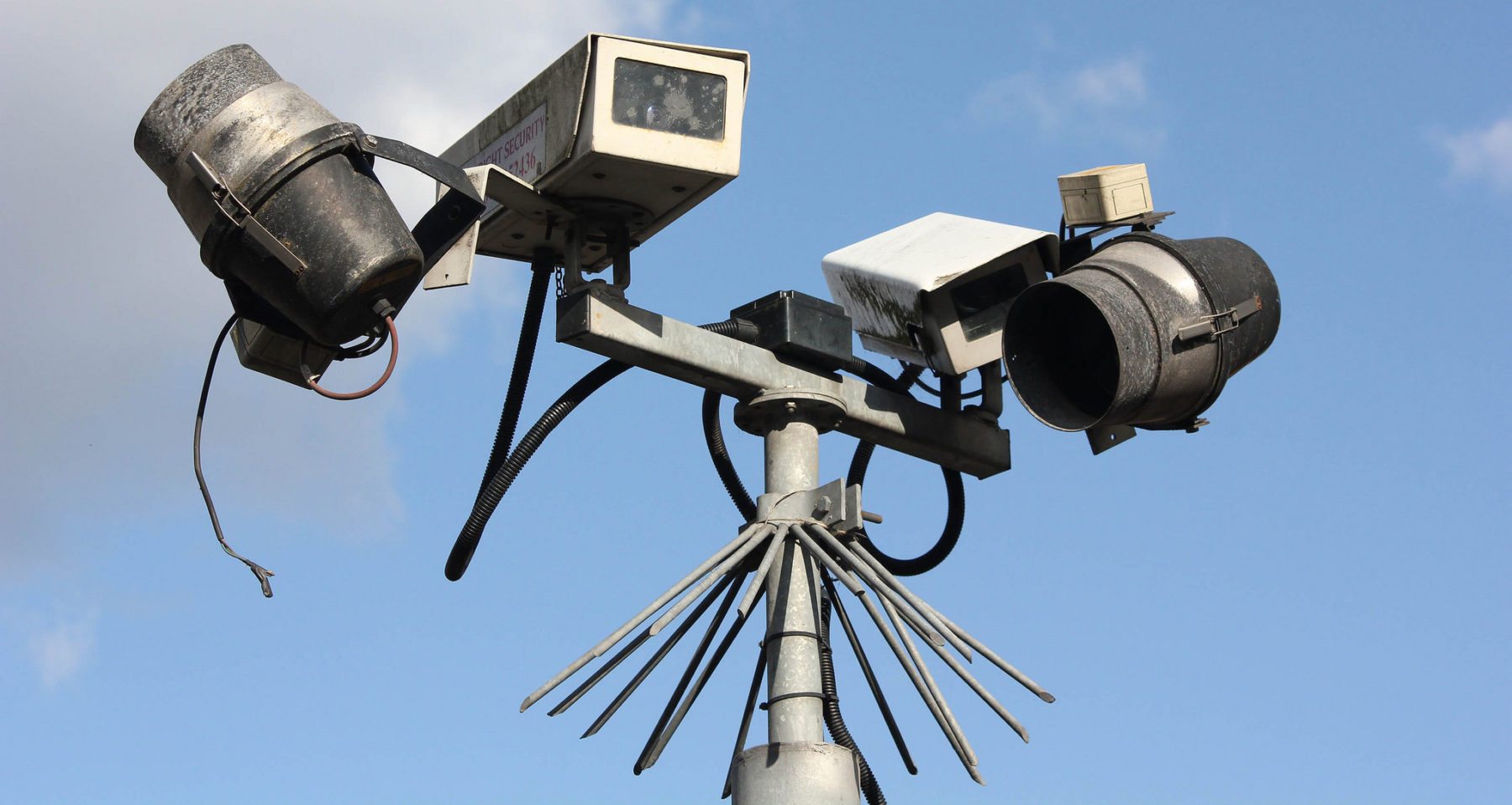Global Student Stories – 2/11/16
This week’s global student stories are from China, Sri Lanka, Egypt and Austria.
China: Students protest university surveillance
Students have expressed concerns about the spread of surveillance cameras in lecture theatres at the prestigious Sun Yat-sen University in Guangdong, the Beijing News reports.
A document issued by the university Vice-Chancellor’s office states that the aim of the cameras is to “refine a teaching monitoring mechanism” and to “deepen education reform and improve the quality of talent training”.
Several reports claimed that the cameras are being used to monitor “teaching standards”.
However, law professors fear that the installation of cameras was aimed at “gathering evidence” of non-compliance with the Communist regime’s ideological crackdown certain taboo topics.
Business journal Caixin reports that four lawyers demanded an explanation for the legal basis for “spying on teachers”, but they also explained that it “violated the constitutional right” of teachers’ freedom to run their classes.
State media, however, used quotes from professors and students suggesting that the
surveillance had created “a more disciplined teaching and learning environment.”
Sri Lanka: Police shootings spark protest
Violence, protests and strikes have swept Sri Lanka this week following the fatal shooting of two university students by police.
The two students, Nadarasa Kajan, 23, and Pavunraja Sulaxan, 24, were shot by police after allegedly failing to stop their motorbike on the night of 20 October. They attended the University of Jaffna, in northern Sri-Lanka.
The two students were Tamils, a minority group in Sri Lanka, where society has seen ethnic conflict in the past. A civil war ended in 2009, with strong evidence for war crimes by the state against Tamil civilians.
Thousands of students attended the funerals, and the Students Union declared two days of mourning. Tamil shops, offices and schools in the area also closed in solidarity.
Reports state that the police initially attempted to cover up the shootings. They reported the students had died in a motorcycle accident, however a forensic investigation revealed gunshot wounds and bullet casings near the scene.
Egypt: Religion removed from university documents
The category of religion has been removed from official documents at Cairo University, Egypt’s biggest public higher education institution.
Gaber Nassar, a law professor explained: “[Some] may feel they will be discriminated against [by disclosing their religion].”
The issue of religion was raised by Nassar when Christian students, members of Egypt’s Christian minority of 10%, were excluded from a postgraduate programme due to their religion.
However Atef Makhaleef, a Member of Parliament, has criticised this move. He said: “Religion identity exists in all Egyptian documents. So why has Cairo University cancelled it?
“Raising such problems at this time causes trouble,” he added.
In addition to this, the Minister of Higher Education Ashraf el-Seehi also criticised the University, explaining that while there was no paper stating that universities were required to specify one’s religion, university work had nothing to do with religion.
Austria: Refugee programme sees success
MORE, an Austrian refugee programme, has received positive appraisal by Iraqi refugee student Basma al-Robai when interviewed by Unistandard, the university magazine of University of Klagenfurt.
The programme aims to provide refugee academics with the necessary preparations and language skills to integrate them into Austrian universities where they can pursue their course.
The MORE initiative currently supports 1,100 refugee students and has the capacity to take on more, according to the Higher Education Minister.
Al-Robai noted during the interview that school leaving certificates and foreign academic degrees were a problem, but that she was lucky enough to have her parents send her documents to Austria.
She explained that being alone and waiting for the decision for asylum is very tough, but that the programme helped her integrate Austrian society as well as bring her together with other people.

Comments